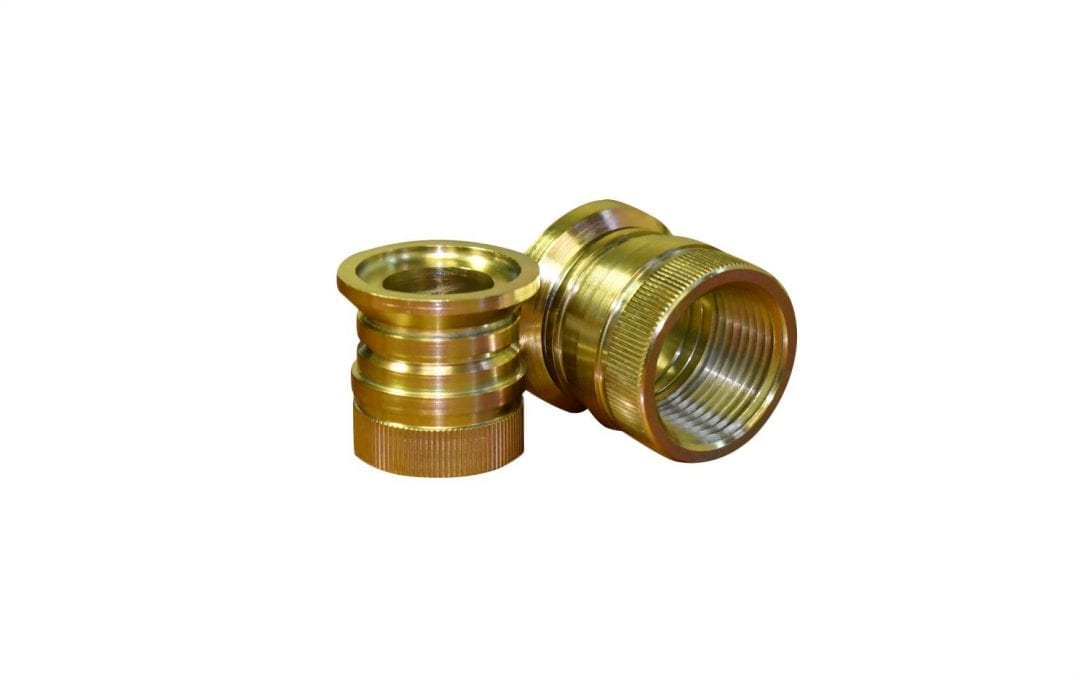What is Swiss CNC Machining?
If you’re unfamiliar with Swiss CNC machining, this article will help you learn more about the benefits and applications of Swiss machining. You’ll also learn how Swiss machines work and which industries use them. If you’re looking for a machine to produce precise parts, CNC Swiss machining delivers the highest quality part to exact specifications.
In the 19th century, Swiss engineers developed an automatic machine that could produce small parts. It had a sliding headstock and a guide bushing to rotate bar stock. These two mechanisms allowed the cutting tool to be in close proximity to the material to improve its precision and tolerance. This automated control process was eventually replaced by computer numerical control (CNC) in the 1970s. With this technology, the machine can control multiple tools simultaneously. Swiss CNC machines support the workpiece throughout the machining process and are capable of producing precision parts within tight tolerances. This allows them to produce small, intricate parts with thin walls and intricate features. Additionally, they have higher accuracy than other machining techniques. Swiss CNC machining is a highly profitable process for creating small parts with high precision. Enhanced Swiss CNC lathes enable more precise operations and allow for thinner-walled parts with complex features. Additionally, these advanced CNC machines allow for deeper cuts, which are impossible with other machining processes. Swiss CNC machines produce high-quality components much faster than other CNC machines. They are capable of producing 30 parts per hour and can reduce the need for secondary processes. In addition, they produce parts that are ready to ship straight from the machine. This reduces the need for secondary operations like finishing and painting.
Benefits of Swiss Machining
Swiss CNC machining is an excellent choice for precision manufacturing and high volume production. It can produce a greater number of parts per cycle than traditional CNC machines and has the capability to process delicate parts 30% faster. Its unique indexing and geometries minimize the need for secondary operations. Because of this, Swiss machines can produce parts that are ready to ship directly from the machine. Swiss machines are capable of operating in a wide variety of diameters and lengths. Because they can hold a piece close to an operation point, they can perform multiple operations at once, reducing cycle time and eliminating secondary operations. These machines also have the ability to mill, drill, and ream bar stock without the need for secondary processing. This translates to faster production times and reduced costs. Another advantage of Swiss CNC machining is the reduction of set-up time. In comparison to conventional turning machines, which fix a workpiece at its collet and move across it with a cutting tool, Swiss machines have a movable headstock. This enables them to maintain tolerances no matter how long the workpiece is.
When to use Swiss Machining
Swiss CNC machines have many advantages. One of them is that they allow you to complete your part in just one cycle. While conventional CNC lathes usually have three or four axes, Swiss-type CNC machines have seven to 13 axes. That means you can get a lot of work done in a small work zone. Swiss machines can produce highly complex components without additional finishing or grinding, minimizing your overall project costs. They also can run unattended, enabling you to save on labor and equipment. Moreover, Swiss CNC machines have the advantage of being able to produce small and complex components at high speeds. In addition to these advantages, Swiss CNC machining is a cost-effective solution for manufacturing large batches of parts as well as custom parts.
Industries using Swiss Machining
Swiss CNC machining is a popular manufacturing process that produces precision-machined parts and components for various industries, including the automotive industry. Its precision machining techniques enable automakers to produce high-quality valves, bearings, screws, shafts, and other engine components. It is also used to make precision-machined components for the aerospace industry. This precision machining technique is ideally suited for delicate, small, and complex parts. Swiss machined parts can be made from a variety of materials, including aluminum, brass, stainless steel, and titanium. Plastic parts can also be produced on CNC Swiss screw machines. At Avanti Engineering, our Swiss screw machining capabilities can be applied to a wide range of client projects. Our machinists are highly skilled with years of experience. We keep our production facilities state-of-the-art by investing in the latest technology of CNC machining, turning, and milling machines, the newest multi-axis automatics, and advanced Swiss CNC Machines. Contact Avanti Engineering today to discuss your CNC Swiss screw machining needs.
